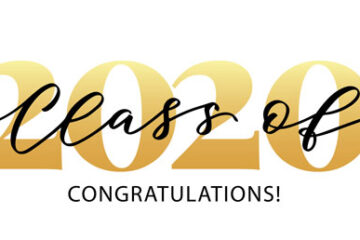Artificial Intelligence (AI) is being hailed today as one of the greatest technological breakthroughs of the 21st century. Evolving at lightning speed, AI has already revolutionized several industries, as well as fraud detection, finance, medical diagnosis, entertainment and many other sectors. One recent innovation which is gaining recognition is the role AI will have in future learning environments like the public school classroom.
School systems across the country are taking a hard look at a broad range of AI platforms now available for the classroom to enhance student learning experience and to ease the task of teachers. For example, one AI developer touts a system to transport students to simulated environments ideal for what it calls “experiential, project-based learning.” Teachers may now lead “virtual field trips” expanding beyond textbooks to directly experience other cultures, history and places. Lesson plans can be developed in seconds with AI with seeming endless possibilities for student involvement in this experiential and interactive learning.
One popular generative AI program gaining recognition today is called “MagicSchool”, a system developed by Adeel Kahn, the son of Pakistani immigrants. MagicSchool has been adopted state-wide in Indiana where it is being used by over 31,000 teachers who claim the program is saving 7-10 hours each week in their teaching schedules.
Will AI ultimately replace the classroom teacher? Those who advocate for creative applications of AI in the classroom characterize such fears as an unfounded “head in the sand” approach to this technology. But education is not taught in a moral vacuum. It is inherently value-laden.
Recently, I filed suit against the Williamson County school system on behalf of a number of parents and students over a curriculum called Wit and Wisdom, a program that evolved from Social Emotional Learning (SEL) and is based on what is called “Culturally Relevant Teaching”. This curriculum emphasizes Critical Race Theory which is the belief that policies and practices in our society contribute to discrepancies through systemic racial inequalities.
In K-12 schools, Social Emotional Learning (“SEL”) programs, such as Wit & Wisdom, are implanted as a solution to change the policies and practices that create inequitable outcomes created by what it calls systemic racism or oppression.
According to one of our experts, Dr. Jennifer McWilliams, the policy and practice changes in this program are designed to encourage children to adopt the critical race theory mindset and become “agents for systemic change.” According to McWilliams, “Wit & Wisdom teaches Critical Race Theory to students through purposeful, psychological manipulation with a focus on empathy towards systemic racism/oppression and personal stories of racism/oppression.”
While Wit and Wisdom does not currently employ AI as a mechanism for transmitting such Critical Race Theory precepts, the groundwork has already been laid for such implementation in the public school classroom. The implications of such an application are worthy of parental concern because the subtlety with which these moral judgments are being inculcated into school curricula makes them often hard to detect. The parents whom I represented had no idea that their children were being exposed to several precepts which directly contradicted the Christian values they sought to instill in their children. Only when COVID restrictions forced their children to a home-based program of study did these parents discover, for the first time, the divisive nature of their children’s lesson plans and reading assignments.
As the Supreme Court has recognized, “a child is not the mere creature of the state, those who nurture him and direct his destiny have the right, coupled with the high duty, to recognize and prepare him for additional obligations.” For parents who recognize this solemn responsibility to guard against encroachment by the state on their role as the directors of their child’s education, the expansion of AI into the classroom presents an ever-increasing challenge.
Larry Crain, Crain Law Group, PLLC, www.crainlaw.legal














